Mozambique: Four killed and four children missing after attack on Napala village - Lusa
Four officially-appointed lawyers to represent almost 200 defendants in northern Mozambique
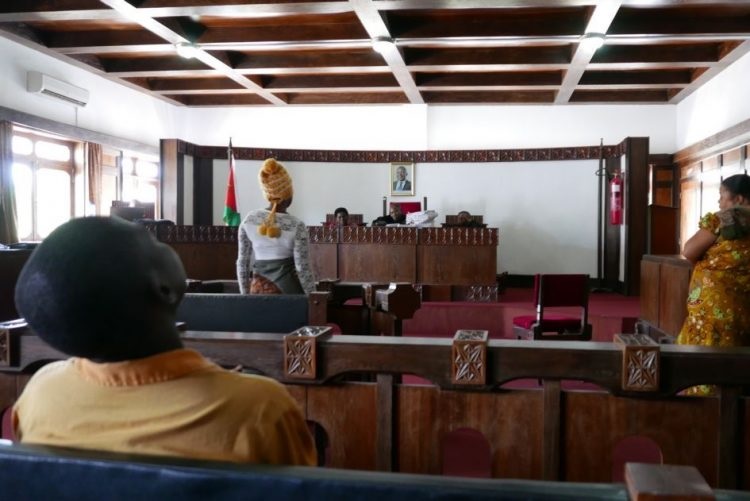
Photo: Lusa
Four officially-appointed lawyers are preparing for the lengthy process of defending nearly 200 defendants in the trial concerning the armed attacks in northern Mozambique.
Asked by journalists about the size of the case, Ussene Daniel, a representative of the four public defenders at the Institute for Legal Assistance and Representation, said the group of lawyers is “naturally” prepared for a lengthy trial.
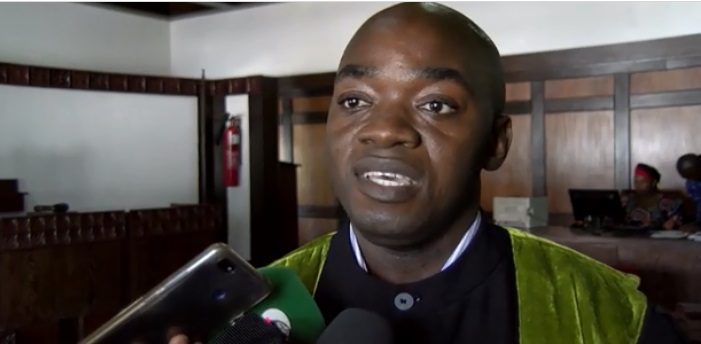
“We are prepared to defend these economically ill favoured citizens, the more so as that is precisely our role and what we are here for” he added.
The lawyer gave the first session, held yesterday in the Cabo Delgado Provincial Court in Pemba, a “positive” assessment.
The 10 defendants heard there denied any involvement in the attacks. The public prosecutors even asked, more than once, whether the accused had been instructed by anyone not to give clarification, something they denied.
Ussene Daniel pointed out that, when first arrested, they had all given the same response, distancing themselves from the crimes for which they were indicted.
“It is still premature to make any kind of analysis,” he said “Everyone enjoys the presumption of innocence.” “Some may not have participated in this sect, which perpetrated the armed attacks in Mocímboa da Praia,” he added.

Judge Geraldo Patrício, the judge presiding, said: “We are not judging Muslims, except that the events began there [in mosques]. There are people who rebelled against the state coming from the mosques.”
When confronted with the name ‘Al-Shebab’, by which the group became known in the region (although not linked to the terrorist organisation of the same name), all the defendants denied any connection.
Judge Patrício disputed some of their answers, noting lies in statements and contradictions with the evidence, collected testimony and information in the public domain.
The judge said that the witnesses would be called at a later stage.
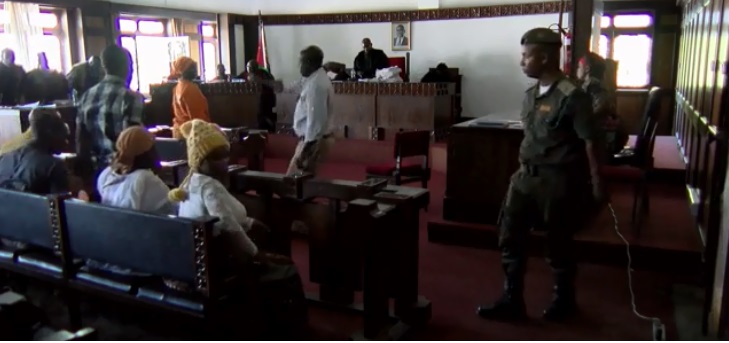
The defendants found it difficult to understand the questions asked in Portuguese and to express themselves in the same language, resulting in the provision of Kimuani and Macua translators, two of the languages spoken in Cabo Delgado, and Swahili in the case of citizens of Tanzania.
The next session is scheduled for today at 8h30 a.m., and the court expects to hear 10 defendants per session until it has called all the accused. Some are on bail, but most are being held in three Pemba prisons, from where they are transported to the court premises for the hearings.
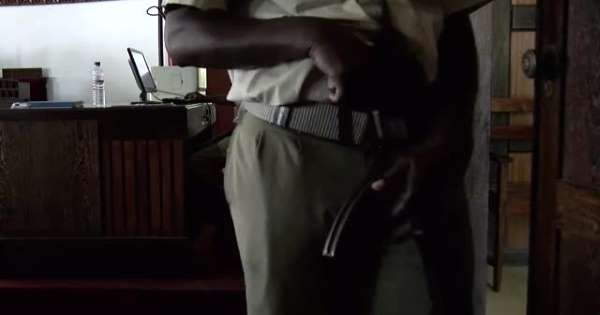
They are accused of five crimes: qualified homicide [felony murder], possession of prohibited weapons, association to commit a crime against the organisation of the state, instigation or provocation to collective disobedience and disturbance of public order and tranquillity.
The attacks in northern Mozambique were triggered a year ago by groups recruited in mosques advocating the imposition of Islamic law. Analysts interviewed by Lusa have been divided as to whether there are links to organised crime and terrorism or not.
Among other possible causes cited are popular revolt against poverty, old territorial disputes between ethnic groups or even political manipulation aimed at destabilising Mozambique, at a time when oil companies are investing substantial amounts in natural gas development in Cabo Delgado.




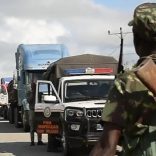
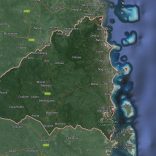
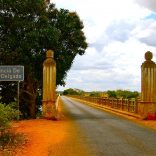
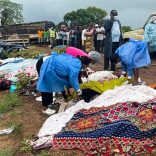




Leave a Reply
Be the First to Comment!
You must be logged in to post a comment.
You must be logged in to post a comment.